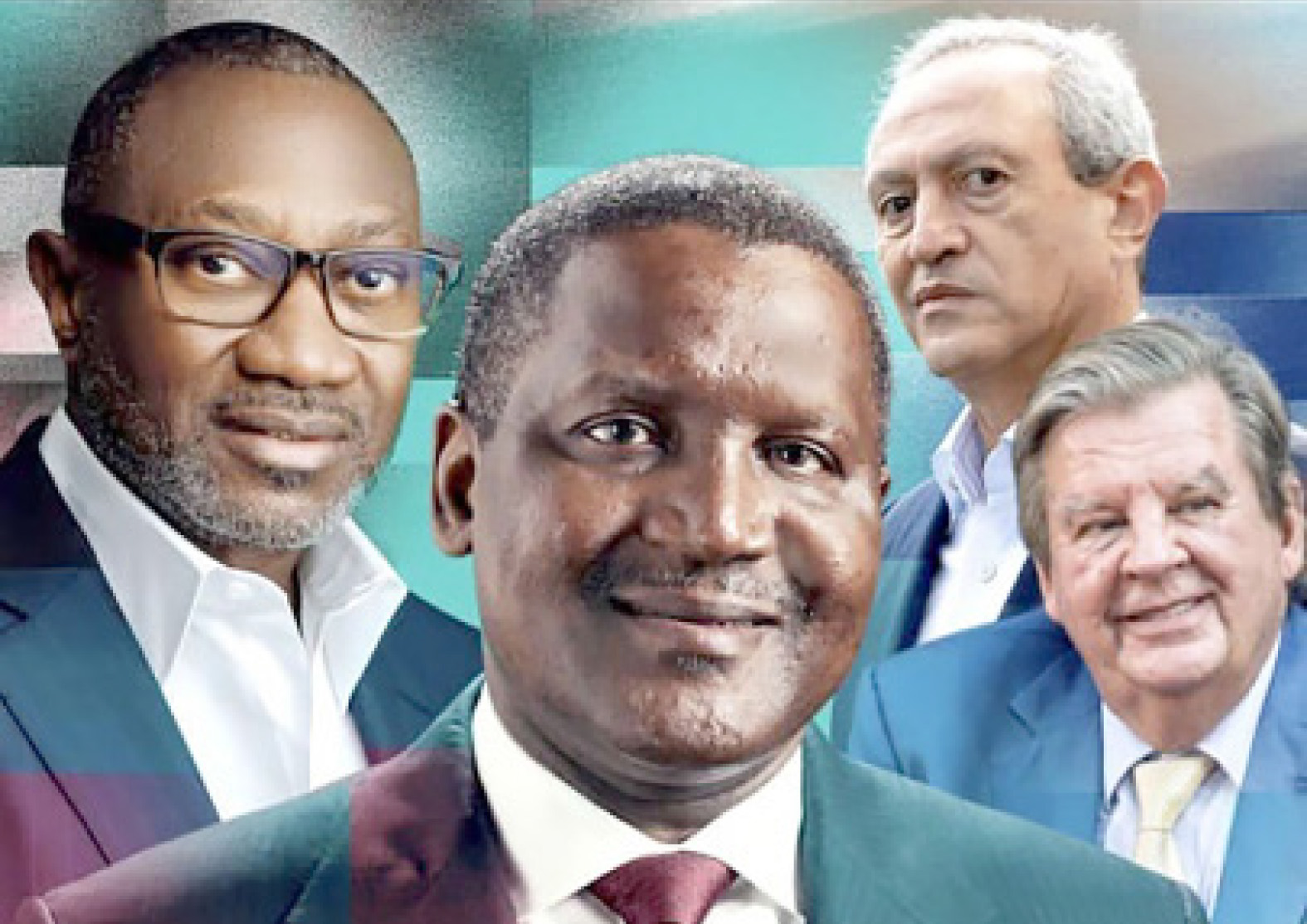A new Oxfam report has highlighted Africa’s widening wealth gap in the wake of the announcement that four individuals on the list of continent’s richest people are wealthier than the combined financial value of over 50 percent of Africa’s population – a staggering 750 million.
The shock fact in itself is indicative not only of an increasing economic divide but of concern at the long-term impact on democracy, governance, and development on the continent.
Among them in the report are Nigeria’s Aliko Dangote, Africa’s richest man, as he is often called. The others are not named specifically in the report but are named by Forbes as South African luxury magnate Johann Rupert, mining heir Nicky Oppenheimer, and Egyptian construction and fertilizer tycoon Nassef Sawiris.
The combined net fortune of Africa’s billionaires has increased by over 56 percent over the last five years, while hundreds of millions of Africans struggle with the increasing costs of living, job shortages, and poor access to education and healthcare, Oxfam research found. The report argues that structural imbalances in the economy and poor policy choices are the root of the disparity.
Among the critical matters raised is the failure by most of the African governments to implement progressive taxation policies that force ultra-high-net-worth individuals to pay fairly towards national development. Loopholes, weak tax institutions, and widespread abuse of offshore tax havens facilitate the smooth passage of the rich hiding their assets from the public coffers.
And all this over the characterization by Oxfam of “regressive external influences,” including institutions like the International Monetary Fund’s reprehensible lending culture in favor of austerity at the expense of equity. It is within this context that the public expenditures for social services are being cut back while private wealth is being amassed with no checks in place.
This economic and political imbalance has further entrenched political repercussions. Political entry in countries like Nigeria is so expensive that the common people are excluded from democratic participation. Nomination charges are exorbitant, being levied by the political parties, and vote-solicitation is rife, eroding the legitimacy of elections and further skewing the helm of affairs to the affluent minority.
Worse still, Oxfam continues to expose that nearly 90 percent of African governments have retreated from flagship reforms aimed at narrowing the inequality gap since 2022, like protections for workers’ rights, minimum wage laws, and fair taxation.
The report calls for urgent reform in the form of improved tax administrations, stronger controls on illicit financial flows, and redistributive policies to fund public services and alleviate poverty among the citizens. It is estimated by Oxfam that the continent loses over $88 billion annually to illicit financial flows alone.
Alarmingly, Africa is the only continent that has not increased its effective tax rates since 1980, as the global research of 151 nations depicted. This means the continent trails behind the global trend of people-driven inclusive economic progress.
In the absence of making radical moves toward the establishment of balance, Africa’s expanding rich-poor gap potentially undermines not only economic development but the democracies themselves.



